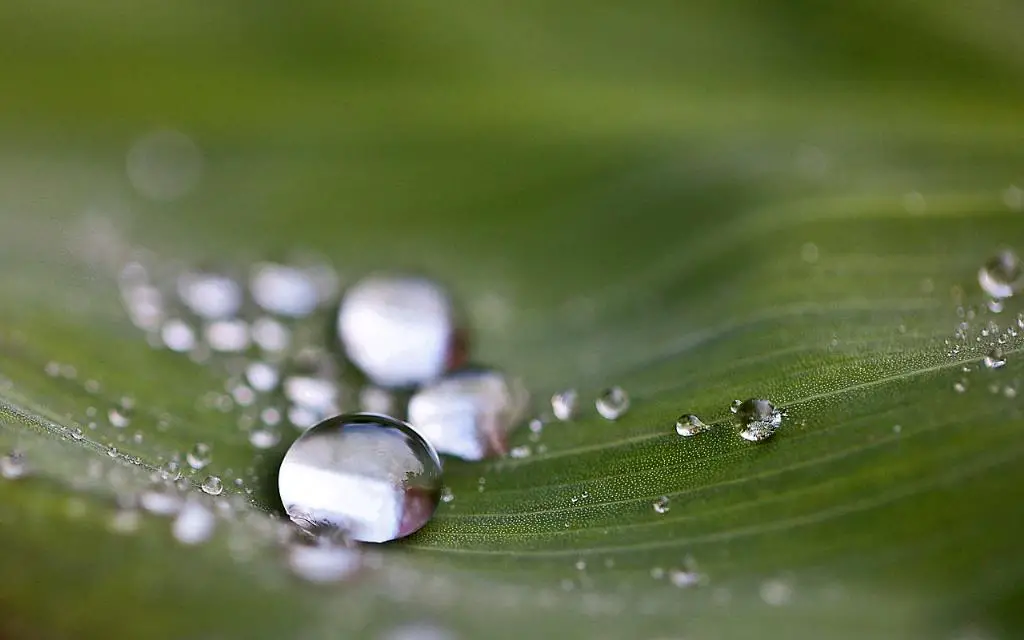When it comes to kitchen equipment, it’s essential to understand the distinctions between a pressure cooker and a canner. While both are used for cooking and preserving food, there are notable variations in their design and function.
Overview of Pressure Cooker
A pressure cooker is a versatile kitchen appliance that cooks food quickly by using steam pressure to raise the boiling point of water. This results in faster cooking times, making it ideal for preparing meals in a fraction of the time compared to traditional cooking methods.
Overview of Canner
On the other hand, a canner is specifically designed for preserving food in airtight containers, such as jars, to extend their shelf life. Canners are commonly used for canning fruits, vegetables, and meats to prevent spoilage and preserve the freshness of the ingredients.
Purpose of a Pressure Cooker
The primary purpose of a pressure cooker is to reduce cooking time while retaining the nutritional value and flavor of the food being prepared. Pressure cookers are great for tenderizing tough cuts of meat, cooking beans quickly, and preparing dishes that require long cooking times in a fraction of the time.
Purpose of a Canner
On the contrary, a canner is used for the process of canning, which involves sealing food in airtight containers and heating them to destroy microorganisms that cause food spoilage. Canners play a crucial role in preserving seasonal produce, homemade jams, and pickled vegetables for long-term storage.
Working Mechanism of a Pressure Cooker
A pressure cooker generates steam by trapping air within the sealed pot, increasing the pressure and temperature inside. This high-pressure environment accelerates the cooking process, allowing food to cook up to 70% faster than conventional methods, resulting in tender and flavorful dishes.
Working Mechanism of a Canner
Conversely, a canner operates by using heat to create a vacuum-sealed environment inside the jars, ensuring that the food is preserved safely. The controlled heating process kills bacteria, molds, and yeasts, preventing food spoilage and extending the shelf life of canned goods.
Safety Aspects of Pressure Cooking
Pressure cookers are equipped with safety features such as pressure release valves and locking mechanisms to prevent accidents and ensure safe operation. It’s essential to follow instructions carefully and release pressure before opening the cooker to avoid steam burns.
Safety Aspects of Canning
When using a canner, proper sterilization of jars, accurate processing times, and sealing lids securely are crucial for safe canning. Following approved recipes and procedures is essential to avoid bacterial contamination and ensure the longevity of canned foods.
Types of Foods Suitable for Pressure Cooking
Pressure cookers are ideal for preparing a wide range of dishes, including soups, stews, risottos, and braised meats. Vegetables, legumes, grains, and even desserts can be cooked quickly and efficiently in a pressure cooker, making it a versatile kitchen companion.
Types of Foods Suitable for Canning
On the other hand, canners are primarily used for preserving high-acid foods like fruits, jams, jellies, and pickles, as well as low-acid foods such as meats, poultry, and vegetables. Canning allows for long-term storage of seasonal produce and homemade delicacies.
Cost Comparison between Pressure Cookers and Canners
When considering the cost, pressure cookers are generally more affordable than canners, making them a budget-friendly option for quick and convenient cooking. Canners, with their specialized design and larger capacity, tend to be slightly more expensive but are a valuable investment for food preservation enthusiasts.

Conclusion
In conclusion, while pressure cookers and canners serve distinct purposes in the kitchen, both are essential tools for efficient meal preparation and food preservation. Understanding the differences between them can help you make informed decisions about which appliance best suits your cooking and preserving needs.
